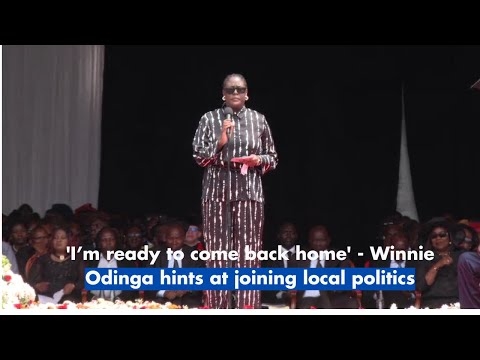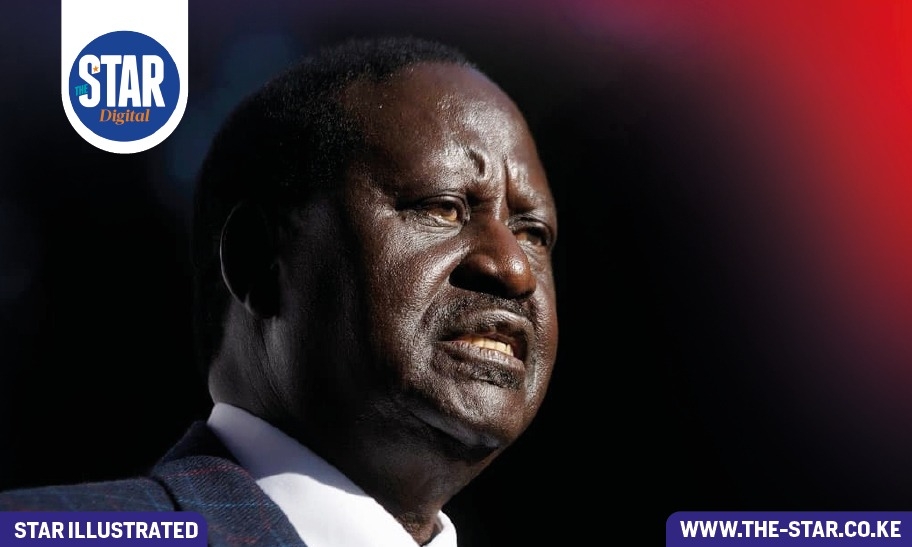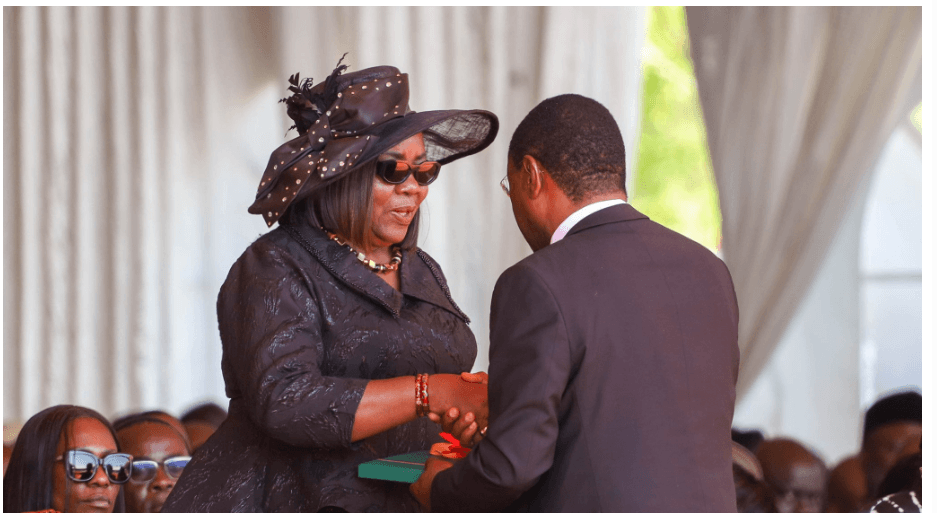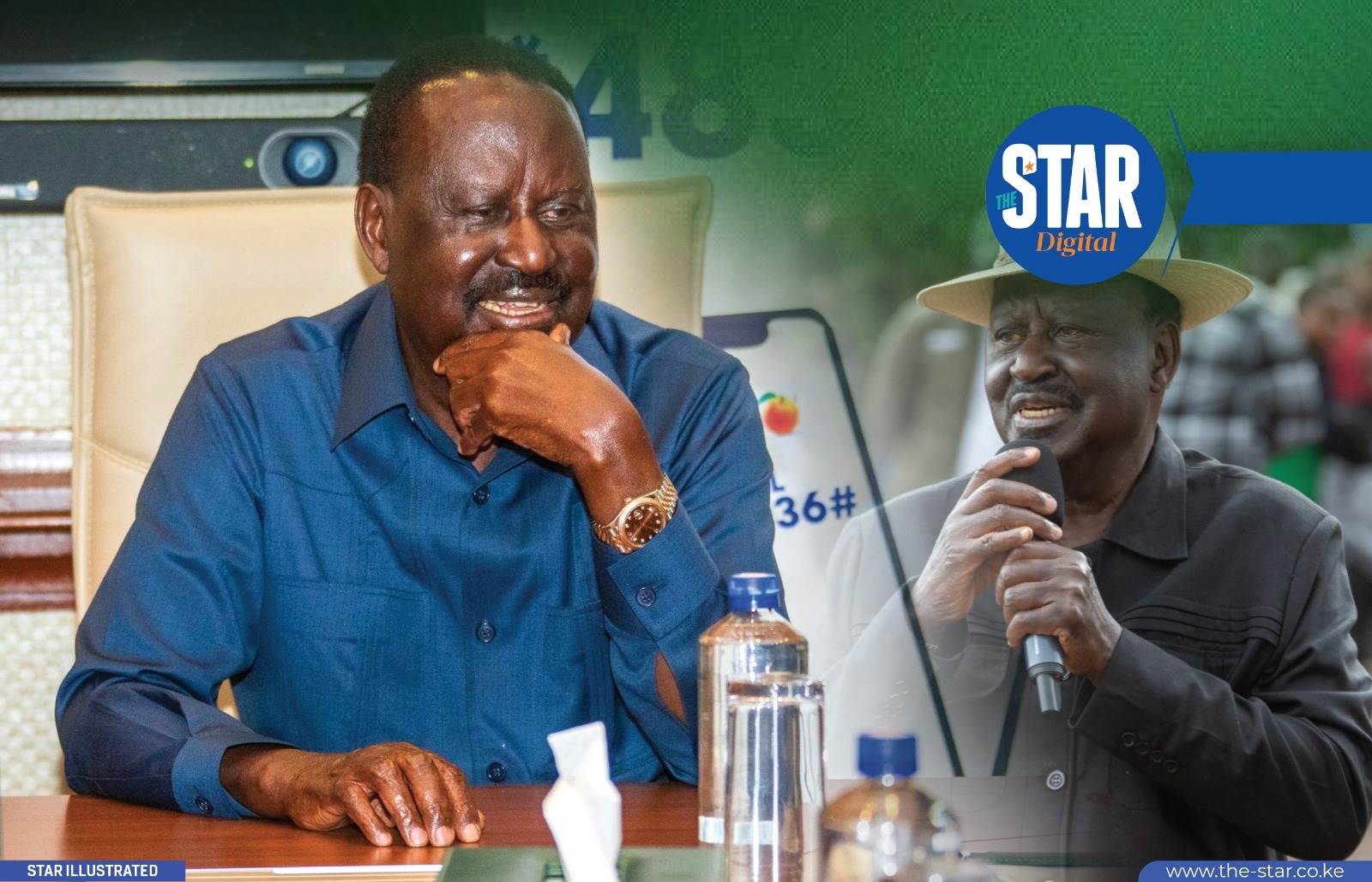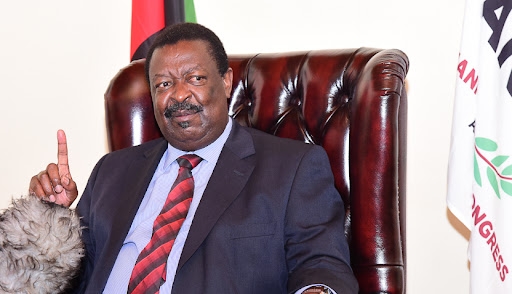
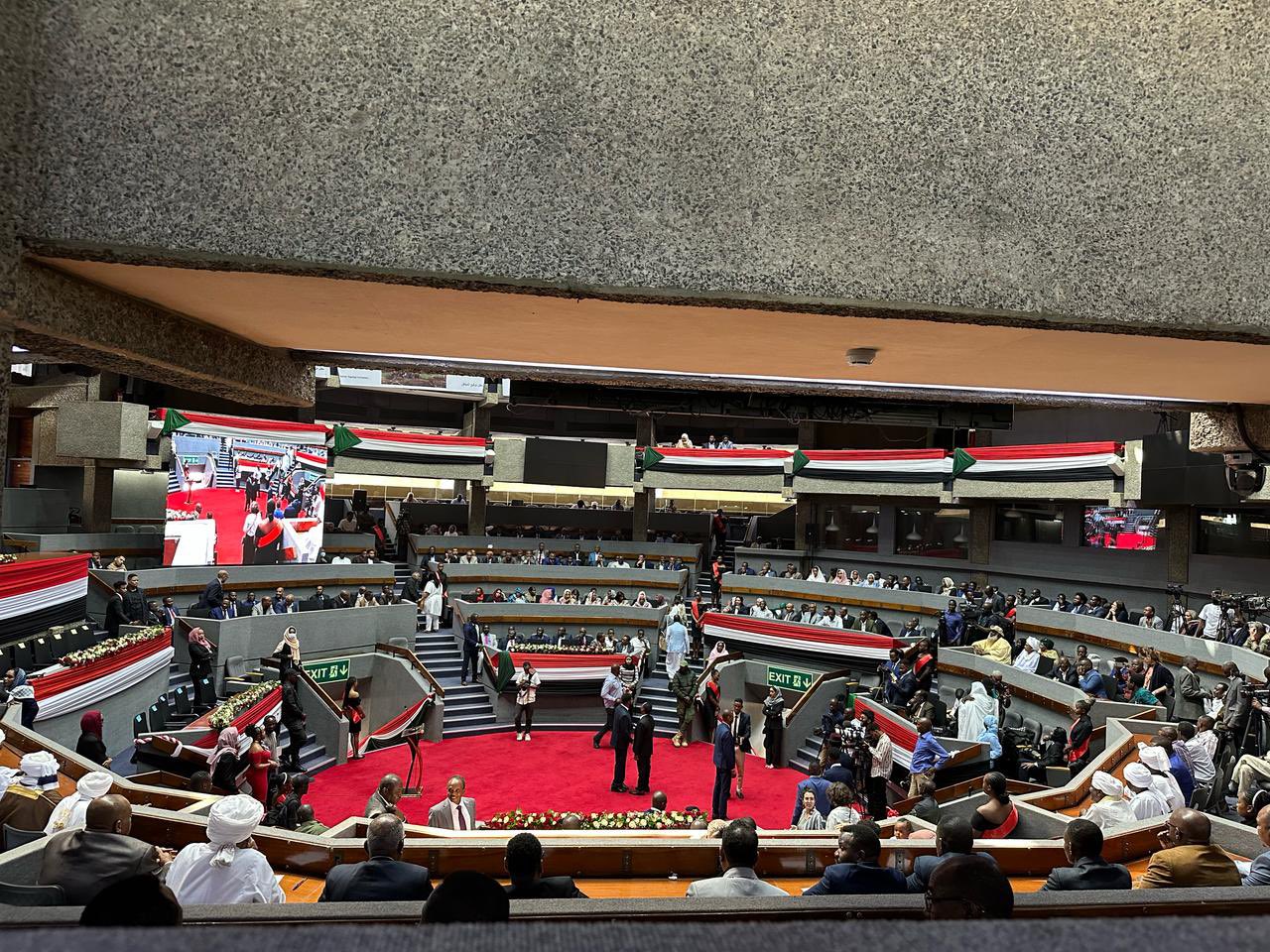
Sudan has yet again condemned what it terms as the approval
and facilitation by Kenya of preparatory meetings held by the rebel group Rapid
Support Forces in Nairobi, which have culminated into the announcement of a
parallel government.
In a statement by the Foreign Affairs ministry, Sudan
reiterated that Kenya’s actions constitute a blatant violation of its
sovereignty and a breach of the principle of non-interference in internal
affairs.
“It also contradicts the principles and charters of the
United Nations, the African Union and IGAD, all of which support the unity and
territorial integrity of Sudan,” it added.
RSF on Saturday announced a 15-member parallel government, naming
General Mohamed Hamdan Dagalo, alias Hemedti, as the head of the presidential
council.
In the line-up, head of the Sudan People's Liberation
Movement–North, one of the country's largest rebel groups, was named Hemedti’s deputy.
The council also named Mohamed Hassan al-Taishi as prime
minister, as well as regional governors in the areas they control. The announcement
was made in a press conference in Nyala city, Darfur region.
The announcement came after months of denial by Kenya’s top leadership
that what RSF agreed to in Nairobi in February was not a resolution to form a
parallel government in Sudan.
Against the wishes of the junta government in Sudan, Kenya
opened its doors to RSF for a series of meetings at the KICC in February, which were attended
by the top leadership of rebel outfit and allied parties, including Hemedti’s brother
and deputy Abdul Rahim Dagalo.
Following the meetings, RSF and its allies under the Sudan
Founding Alliance announced the formation of a parallel government that would
lead a “new secular Sudan” and signed a new constitution.
Despite the RSF clearly saying they were establishing a
parallel government, Kenya’s Foreign Affairs ministry denied, arguing it was
offering a platform for the parties to the conflict to express their
grievances.
Prime Cabinet Secretary Musalia Mudavadi said the Sudan Founding Alliance
move to announce a charter in Nairobi and proposed leadership is compatible
with Kenya's role in peace negotiation.
Mudavadi, who is also the CS for Foreign and Diaspora
Affairs, said Kenya is obligated to provide non-partisan platforms to conflict
parties to seek resolutions.
“Kenya has established a history of facilitating dialogue
between conflicting parties from neighbouring and regional states, including
providing good offices that have seen peace agreements signed in Kenya,” he
said.
“When Kenya offers this space, it is without any ulterior
motives. It is because we believe there is no military solution to political
disputes”.
Mudavadi reiterated the position in April during the quarterly
diplomatic meeting in Nairobi.
He told diplomats the conference was meant to
offer good offices to the Sudanese parties on their right to self-determination,
adding there was a need to scrutinise the signed charter to avoid
misinformation.
“For the avoidance of doubt, no government of Sudan was
declared or formed in Kenya, in Nairobi. I want that to be understood very
clearly because there has been some misinformation that a parallel government
of Sudan has been formed in Kenya. That is not true,” Mudavadi said.
Following RSF’s announcement of the parallel government, the
Sudan junta government has urged all neighbouring countries, the international
community, regional and international organisations and other relevant entities
to denounce the declaration.
It further urges them not to recognise or engage with “the illegitimate
entity announced by the terrorist militia”.
In March, RSF and allied parties announced they would be
seeking international recognition from domestic legitimacy.
But the Sudan government has warned any form of interaction with the parallel government will be considered a direct assault on the legitimate government of Sudan and its sovereignty over all of its territory. It will also consider a flagrant violation of the rights and resources of the Sudanese people.





